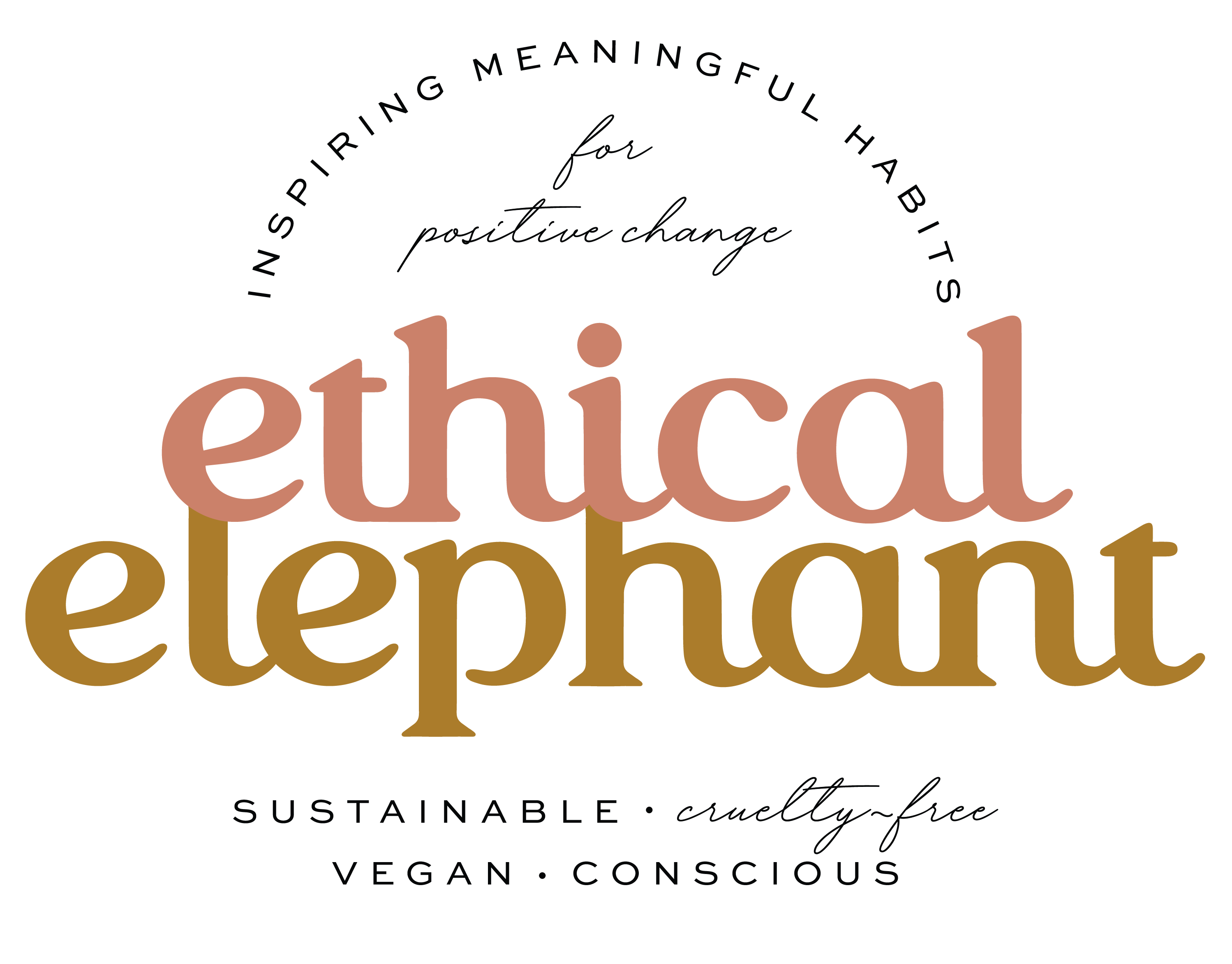This post may contain affiliate links that at no additional cost to you, I may earn a small commission.
You can find All Good Products at Thrive Market, Amazon, and EarthHero.
All Good is Cruelty-Free
All Good Products has confirmed they do not test their products or ingredients on animals or ask others to test on their behalf. Their suppliers also do not test on animals, nor do they allow their products to be tested on animals when required by law. And finally, their products are not sold in stores in mainland China or any other country that may require animal testing.
By our standards, we would consider All Good to be Cruelty-Free.
“All of our products are Leaping Bunny Certified, meaning that we and the companies we contract with do not conduct product testing on animals.”
Cruelty-Free Policies
Note that there is no standard or legal definition for the label ‘Cruelty-Free.’ It can mean different things to different people. But Cruelty-Free is generally used to imply no animal testing. More specifically, the ingredients, formulation, or finished product are not tested on animals at any stage of product development.
At ethical elephant, we always assess a company’s cruelty-free policy using our Cruelty-Free Checklist. This ensures no animal testing was performed by the brand itself, its suppliers, and by any third parties.
Also, note that Cruelty-Free and Vegan don’t always mean the same thing.
All Good is Not 100% Vegan
‘Vegan’ in cosmetics can refer to an entire brand that is 100% Vegan or a specific product is vegan.
In the case of All Good, not all of their products are vegan. But they have some products that are suitable for vegans.
How to know which of All Good products are vegan?
All Good states on their FAQ page, most of their products are vegan, except a few that contain beeswax. (See below statement)
“Are All Good products vegan?
Most of our products are vegan, however we do incorporate beeswax into a handful of our products (Lip Balms, All Good Goop, SPF 50+ Sunscreen Butter Tins and Sunscreen Butter Sticks, and our SPF 30 Coconut and Unscented Sunsticks). Our beeswax is sourced from a fellow B-Corp that treats its bees ethically and sustainably. Beeswax or not, all of our products are Leaping Bunny Certified, meaning that we (and the companies we source from) do not conduct product testing on animals.”
Vegan Policies
Similar to ‘Cruelty-Free,’ there is no standard or legal definition for the label ‘Vegan.’ But it usually means no animal-derived ingredients or animal by-products.
Some common animal products used in cosmetics include carmine, lanolin, snail mucus, beeswax, honey, pearl or silk-derived ingredients, animal-based glycerin, keratin, and squalene.
There are plant-based and synthetic alternatives to animal-derived ingredients. But it’s sometimes difficult to know with certainty whether a product is vegan just by reading the ingredient list.
So it’s best to ask the company and manufacturers to ensure the ingredients they’ve chosen to use were from non-animal sources.
Ethical Mica Mining Policy
Mica is a mineral that’s used in cosmetics to add a shimmery effect. But the mining of natural mica has been linked to child labor and human rights violations.
Unless the company discloses its mica mining policy, we have no way of knowing whether its mica is ethically sourced without child or forced labor.
So I asked All Good Products if their mica is ethically sourced without the use of child labor and they responded by stating,
“We have a statement from our co-packer (who helps make our lip tints and source our ingredients) that the Mica supplier provided written Fair Trade statement as proof that the production or collection of mica was not with child labor. Fair Trade has a great standard and auditing that is very trustworthy. We have also followed up to see if we can get even more information than that.”







